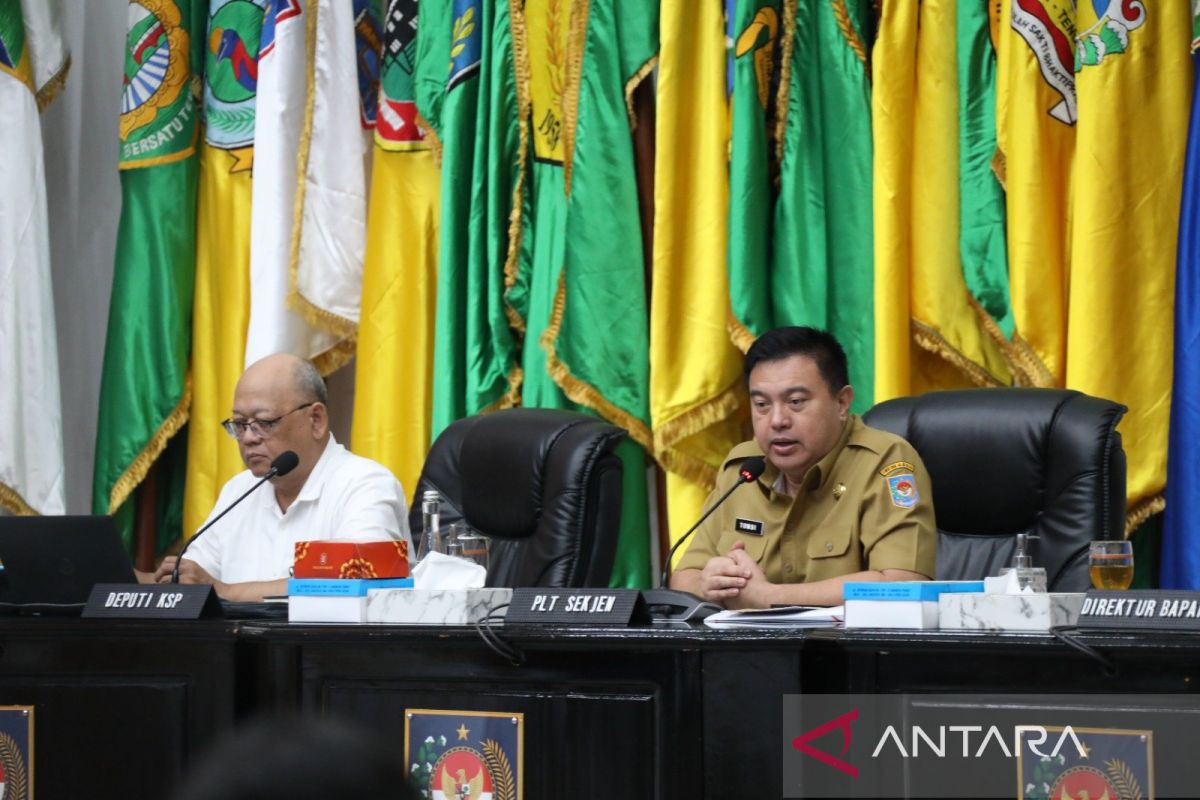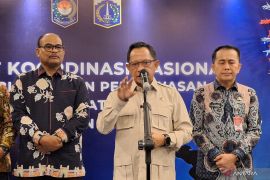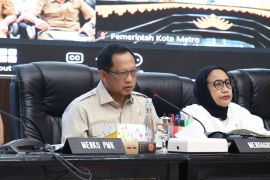One of the steps that are being encouraged is ensuring rice milling machines in the regions are of optimal quality.
"It is important to be paid attention to because it affects the absorption by Bulog (state logistics company) because Bulog certainly has criteria (for rice)," the ministry's acting secretary general, Tomsi Tohir, said in a statement issued here on Monday.
According to his observations, some parties use rice milling machines of poor quality, which produce less than optimal results.
Furthermore, he also asked regional governments to take anticipatory measures for the rainy season.
Based on the forecast of the Meteorology, Climatology, and Geophysics Agency (BMKG), in the period from December 2024 to February 2025, a number of regions in Indonesia are expected to experience high rainfall.
Therefore, anticipatory steps are needed to ensure agricultural and plantation areas are not affected by flooding.
He further said that regions that experience flooding every year need to stay alert. If necessary, those regions can allocate a special budget for weather modification.
This step is deemed important to support anticipatory measures against floods.
In this regard, Tohir asked regional governments to follow the Jakarta provincial government, which has taken that step.
"I want regional governments, especially governors whose regions are frequently hit by floods, to communicate this maximally," he said.
On Monday, Coordinating Minister for Food Affairs, Zulkifli Hasan, revealed that the government has increased the target for government rice reserves to 2.5 million tons to boost food self-sufficiency.
Related news: Target for govt rice reserves raised to 2.5 mln tons: Hasan
Related news: Indonesia's national rice stock at eight mln tons by yr-end: Hasan
Translator: Narda Margaretha, Raka Adji
Editor: Arie Novarina
Copyright © ANTARA 2024











